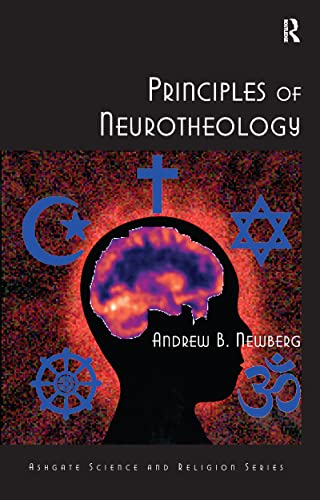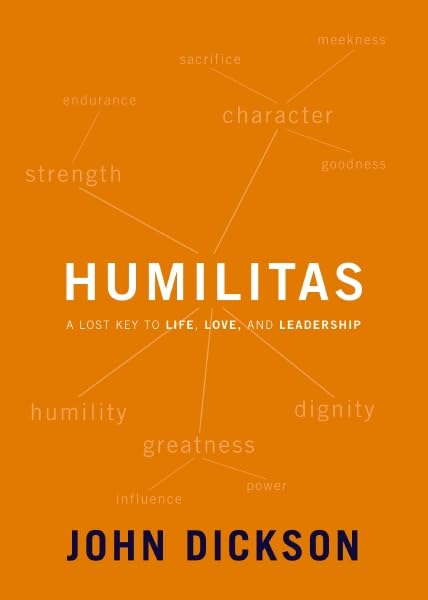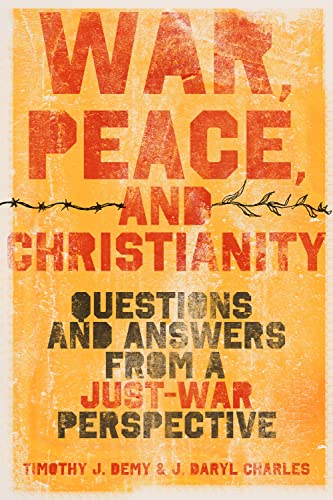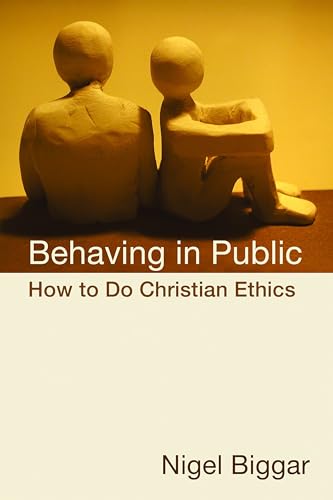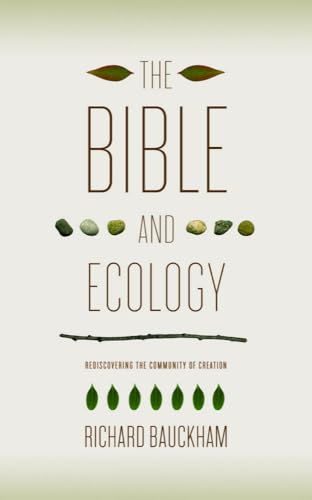As part of T&T Clark's Doing Theology series, R. Michael Allen, assistant professor of systematic theology at Knox Theological Seminary, offers an introductory text on the tradition and theological reflection of Reformed theology. As a survey, it also identifies both historical and contemporary theologians who have contributed to this tradition.On one hand, it recognizes that Reformed theology “remains an 'essentially contestable concept,'” while, on the other hand, arguing that “certain core emphases . . . are to be found at the heart of all Reformed churches” (p. 2).
This starting point allows a variety of voices to be heard, whether “liberal” or “conservative” in their theological construals, accounting for not only the opinions of Calvin, Turretin, and the Westminster Divines, but also the likes of Barth, Guthrie, and Amy Plantinga Pauw. While some may question such an inclusive list, this approach demonstrates that doctrine is not a dry, irrelevant practice. Divided into an introduction, eight chapters, and a conclusion, Allen introduces the subject matter, his methodology, and the scope of the book, with each chapter addressing major doctrinal points, while also focusing on contemporary concerns within the range of each doctrine.
Chapter 1, “Word of God,” opens against the backdrop of idolatry and iconoclasm, differentiating between human-originated means of knowing about God and the knowing God in his self-revelation, therefore demonstrating humanity's need for the latter. That “human idolatry can be easily mistaken for deep devotion” (p. 13), with Calvin, we should understand that “God should be purely worshipped by us according to his nature and not according to our imagination” (p. 13). This underscores the emphasis on the church's having received God's self-revelation through Scripture, and its ongoing critical reflection upon Scripture. Note that this theological reflection upon Scripture has led to the development of various Confessions at different historical points, with their particular challenges and questions in their context.
Chapter 2 examines Reformed theology's covenantal nature. It addresses “federal theology” and the three covenants after briefly discussing issues of continuity and discontinuity. Further examination focuses on the role of various confessions and the reading of Scripture. A brief look at the development of biblical theology as a means of studying the covenantal framework of Scripture (p. 51) rounds out the chapter. Chapter 3 surveys Reformed construals concerning God and Christ, examining such points as divine perfection (p. 55), the Trinity (p. 61), autotheos (p. 63), the humanity of Jesus (p. 65), and Christ's munus triplex (p. 70). The author adeptlybrings together Scripture and theological reflection with the various historical Reformed confessions on these divine attributes.
Chapter 4 examines the relationship between faith and salvation. Again, the Reformed confessions, quoted in relation to pertinent Scriptural passages, reveal the classic Reformed doctrines of justification (p. 80), sanctification (p. 84), as well as the relationship between faith and experience (p. 88), and their interpretation by various historical figures, particularly Bavinck and Schleiermacher. Chapter 5 begins with the question, “How is it that humans can enjoy fellowship with God this side of Eden?” introducing Reformed understandings of sin and grace.The concept of representative or “federal headship” is briefly described along with a brief theological exegesis of Rom 5. A brief and helpful presentation of the “five points of Calvinism” will acquaint those who are nominally familiar or unfamiliar with its core issues. This chapter closes with a focus on the centrality of grace as a “radically disruptive experience” of God (p. 113).
Chapter 6 addresses Reformed theology's emphasis on doxology and worship. Attention is given to the explicit relationship between how, for better or for worse, theology proper affects the church's expression of worship. Quotations from various creeds and confessions helpfully denote the need for a timeless theology of worship, allowing for localized expressions of worship that remain faithful to Scripture. Of particular import to this reviewer is the concise treatment of the sacraments, particularly emphasizing Calvin's thoughtful contributions. This study, however, omits the Zwinglian construal of the sacraments, rooted in neo-platonic metaphysics. Chapter 7, “Confessions and Authority,” explores the role and ministry of the Holy Spirit in the church, authority and tradition, context and witness, and diversity and plurality. Noting the Spirit's consistent presence within the church and its work, careful attention is given to the Spirit's work by way of the various written confessions.
Chapter 8, “Culture and Eschatology,” addresses not only “classical” points of doctrine (creation, fall, common grace, and redemption) but also the implications for the living out of the church's saving faith within time and culture. Pointing out the tension between a confident eschatology on one hand and social engagement on the other, Allen notes the danger of social quietism versus the realization that the world is not yet made fully right. The practice of chattel slavery in the United States (up to 1865), the Barmen Declaration (1934), and the contemporary Israeli-Palestinian conflict demonstrate how the Reformed tradition has engaged (or ignored) socio-cultural issues (pp. 169-77). This project concludes with a final word on understanding the diverse theological landscape that is the Reformed tradition.
Such attention to this diversity, however, may be a surprise for those within more conservative bodies who define the boundaries of the Reformed tradition more tightly. Those outside of the Reformed tradition will no doubt take exception with such issues as federal headship, covenant theology, and Reformed sacramental theology, but this book offers thoughtful and biblical reasoning with which to engage. As an entry level text, this book would serve well as a primer for university, first year seminary students, and lay people alike.
David Derek Feiser
David Derek Feiser
Trinity Evangelical Divinity School
Deerfield, Illinois, USA
Other Articles in this Issue
Evaluating a new English translation of the Bible can be extremely difficult...
In the November 2009 edition of Themelios, Dane C...
Jonathan Edwards (1703-1758) is remembered today as a saint, scholar, preacher, pastor, metaphysician, revival leader, theologian, Calvinist—the list goes on...
Almost two decades ago I wrote an essay titled " When Is Spirituality Spiritual? Reflections on Some Problems of Definition ...
He was the youngest son of elderly parents. His childhood was secluded and unhappy, which might in some measure account for his lifelong melancholy...



